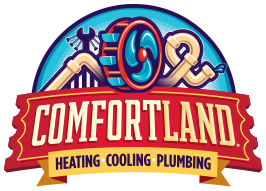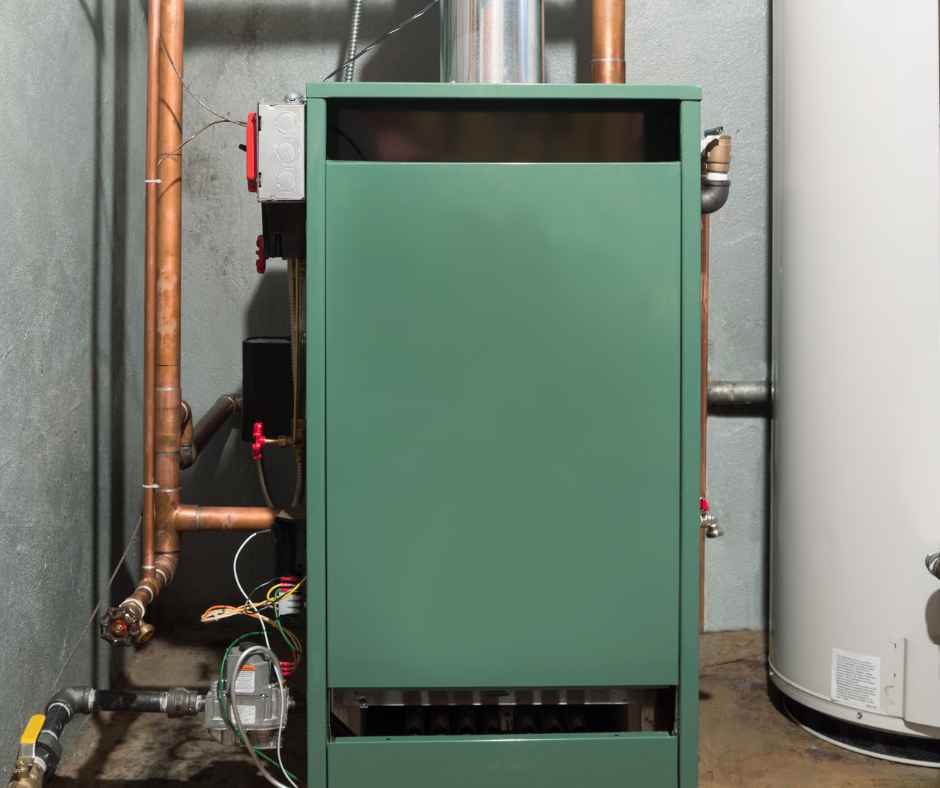
When it comes to heating your Dallas home, you have options. Two popular choices are heat pumps and furnaces, each with its own strengths and weaknesses. Dallas’s mild winters make both systems viable, but understanding the differences can help you decide which is best for your home, comfort needs, and budget.
In this guide, we’ll break down how heat pumps and furnaces work, compare their benefits, and give you expert advice on which might be the better choice for a Dallas home.
1. Understanding Heat Pumps and Furnaces
Before we dive into the pros and cons, let’s take a quick look at how each system works.
Heat Pumps
These systems work by transferring heat instead of generating it. In the winter, heat pumps pull warmth from the outside air and bring it indoors. In the summer, they reverse the process, removing heat from your home and releasing it outside. Because they don’t generate heat, heat pumps are typically more energy-efficient, particularly in moderate climates.
Furnaces
Furnaces generate heat by burning fuel (usually natural gas) or using electricity. They blow the heated air through your ductwork to distribute it throughout the home. Furnaces are often more powerful, providing consistent heat even in extreme cold, but can be less energy-efficient.
In Dallas, where winters are relatively mild, both systems are effective, but each offers specific benefits.
2. Benefits of Heat Pumps for Dallas Homes
Heat pumps are a popular choice in areas with moderate climates, like Dallas, where temperatures rarely drop below freezing. Here’s why Dallas homeowners may find heat pumps appealing:
- Energy efficiency: Heat pumps are known for their efficiency because they move heat rather than creating it. They can produce three to four times the amount of energy they consume, making them an eco-friendly choice.
- Dual heating and cooling: A heat pump can serve as both an air conditioner and a heater, making it an all-in-one solution for your home’s climate control. This dual functionality can save space and installation costs compared to having separate heating and cooling systems.
- Lower operating costs: Because they’re efficient, heat pumps often have lower operating costs compared to furnaces, especially if you use them primarily during Dallas’s mild winter season. Over time, these cost savings can add up.
3. Advantages of Furnaces in Dallas
Furnaces remain a solid choice for heating, even in warmer climates, and are especially popular among homeowners who prefer warmer indoor temperatures during winter. Here are some reasons why Dallas homeowners might prefer a furnace:
- Powerful, reliable heat: Furnaces generate heat independently of outside temperatures, making them more reliable in cold weather. If Dallas experiences a colder-than-usual winter, a furnace will deliver consistent warmth.
- Lower upfront costs: While the operating costs may be higher, furnaces are generally less expensive to purchase and install compared to heat pumps. If you already have an air conditioner and only need heating, a furnace may be the more economical choice.
- Longevity: Furnaces generally have a longer lifespan than heat pumps, often lasting around 15–20 years with proper maintenance. This durability can make a furnace a good investment for those looking to stay in their home long-term.
4. Comparing Energy Efficiency and Costs
When choosing between a heat pump and a furnace, energy efficiency and operating costs are often the top considerations for homeowners. Let’s compare the two:
Heat Pumps
Because they transfer heat rather than generate it, heat pumps are typically more energy-efficient, especially in mild climates. In Dallas, where winter temperatures are generally mild, a heat pump can provide adequate warmth without consuming a lot of electricity. However, if temperatures do drop below freezing, heat pumps become less efficient and may require an auxiliary heater, which increases energy use.
Furnaces
Gas furnaces, in particular, are efficient in terms of heating power, especially when it’s cold. However, they tend to have higher operating costs because natural gas and electricity (for electric furnaces) can be more expensive than the electricity used by a heat pump in a mild climate. Additionally, furnaces only provide heating, so you’ll still need a separate air conditioning unit.
5. Climate Considerations in Dallas
Dallas’s climate plays a significant role in choosing the right heating system. Here’s how each system interacts with the typical Dallas weather patterns:
- Heat pump suitability: Dallas’s mild winter temperatures are ideal for heat pumps. These systems work best when temperatures are above freezing, which makes them highly efficient in regions like Dallas. Even when temperatures dip in the 30s, most heat pumps can still pull enough warmth from the air to keep your home comfortable.
- Furnace suitability: While furnaces may seem like overkill for a Dallas winter, they provide consistent heat, regardless of outdoor temperatures. If you prefer a very warm home or experience occasional freezes, a furnace will offer robust heating power that won’t waver during colder snaps.
6. Installation and Maintenance Costs
It’s important to consider both initial and ongoing costs when choosing between a heat pump and a furnace.
- Heat pump costs: Heat pumps typically have a higher upfront cost because they can provide both heating and cooling. However, this all-in-one system can lead to long-term savings, especially in Dallas, where cooling is needed for much of the year. Maintenance costs are generally low, but because the system is used year-round, it may require more frequent servicing.
- Furnace costs: Furnaces usually have a lower upfront cost, particularly if you only need heating. However, if you still need air conditioning, you’ll need a separate AC unit. Maintenance is straightforward, often just an annual inspection before winter. Furnaces may also have a longer lifespan since they are only used during colder months, which may reduce replacement frequency.
7. Making the Best Choice for Your Dallas Home
Choosing between a heat pump and a furnace often comes down to personal preference, lifestyle, and specific needs. Here are a few points to help you make your decision:
Consider a heat pump if:
- You want an all-in-one heating and cooling system.
- You prioritize energy efficiency and lower operating costs.
- You are environmentally conscious and prefer an eco-friendly option.
Consider a furnace if:
- You prefer warmer indoor temperatures and reliable heating during rare cold spells.
- You’re looking for a lower initial investment and already have an air conditioner.
- You value long-term durability and a heating system with a longer lifespan.
8. The Hybrid Option: Best of Both Worlds
If you’re still torn between a heat pump and a furnace, a dual-fuel or hybrid system might be the perfect solution. In a hybrid system, both a heat pump and a furnace work together to maximize efficiency and comfort:
- How it works: The heat pump operates as the primary heating source, providing efficient heating in mild temperatures. When temperatures drop to a level where the heat pump struggles, the furnace kicks in to deliver reliable warmth.
- Benefits for Dallas: In Dallas’s mild winters, a hybrid system provides efficient heating for the majority of the season, with the furnace as a backup for colder days. This system gives you the benefits of both heating types and can reduce energy costs.
Choosing the Right Heating System
Whether you go with a heat pump, furnace, or hybrid system, each has its unique advantages. For most Dallas homeowners, the climate lends itself well to the efficiency of heat pumps, but a furnace can provide reliable warmth when you need it most. A hybrid system offers the best of both worlds, giving you both energy efficiency and dependable heating for those rare cold snaps.
For expert guidance in selecting the right heating system, reach out to ComfortLand. Our Dallas HVAC specialists can assess your needs and recommend the ideal solution, whether heat pump installation or furnace installation, so you can stay comfortable year-round without breaking the bank.
Recent News
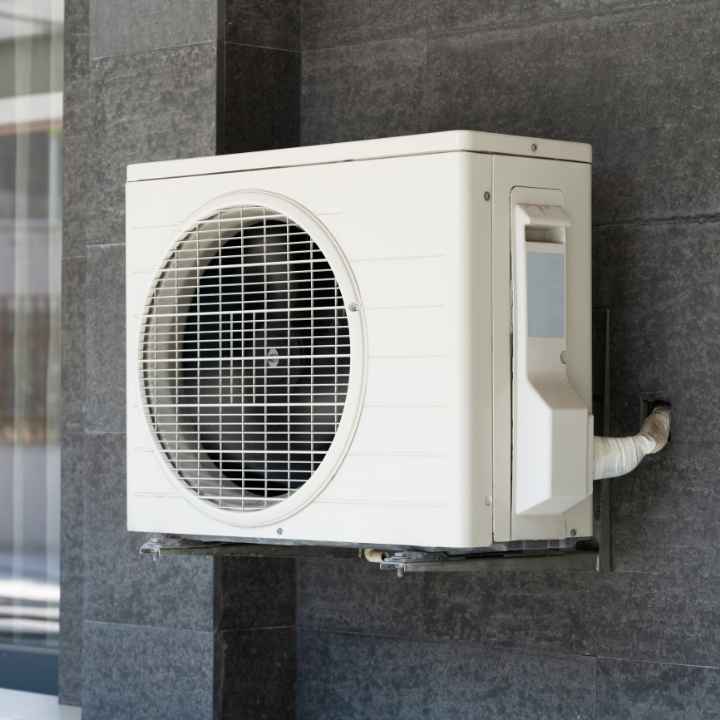
Why Is My Heat Pump Freezing Up?
Read More
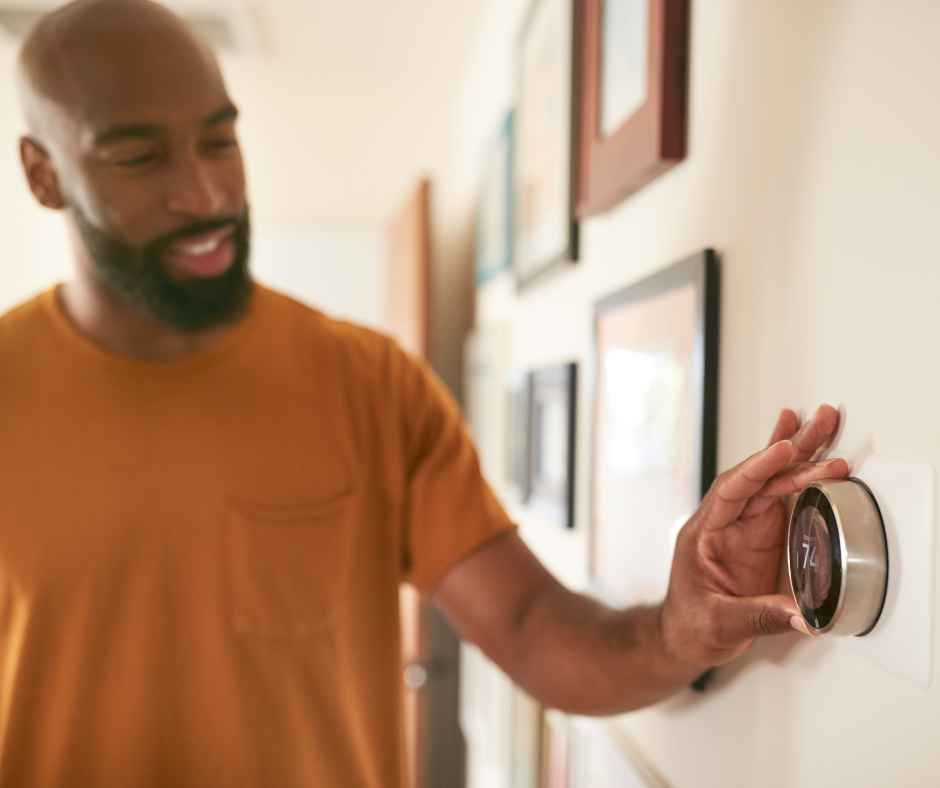
How to Improve Heating Efficiency in Dallas
Read More
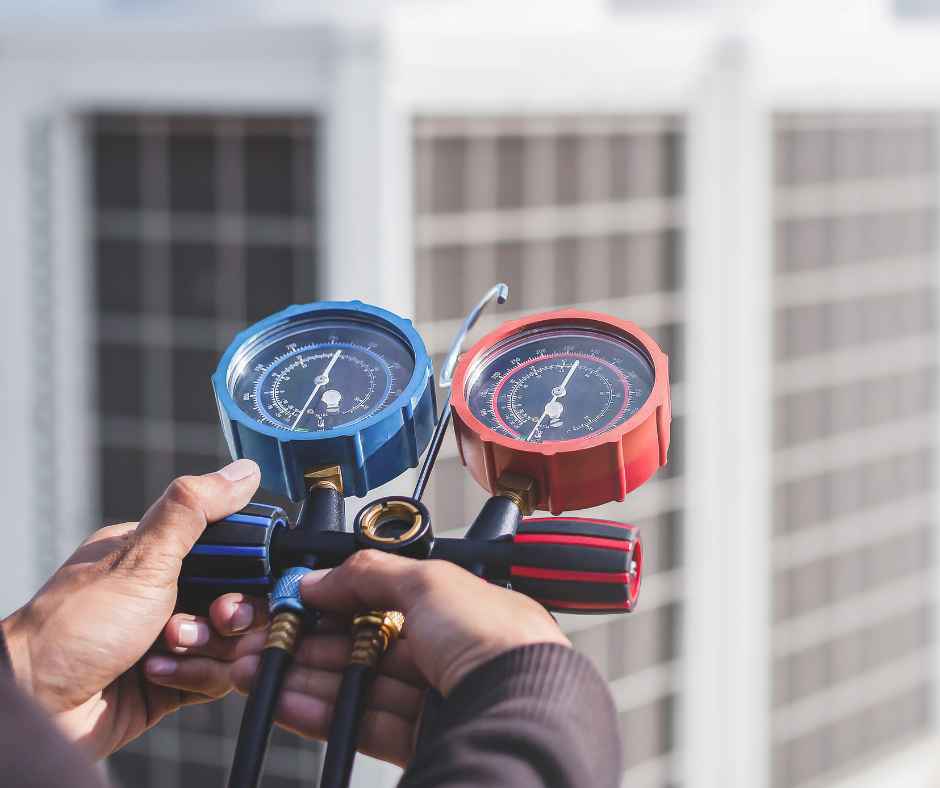
How Many BTU Do I Need?
Read More
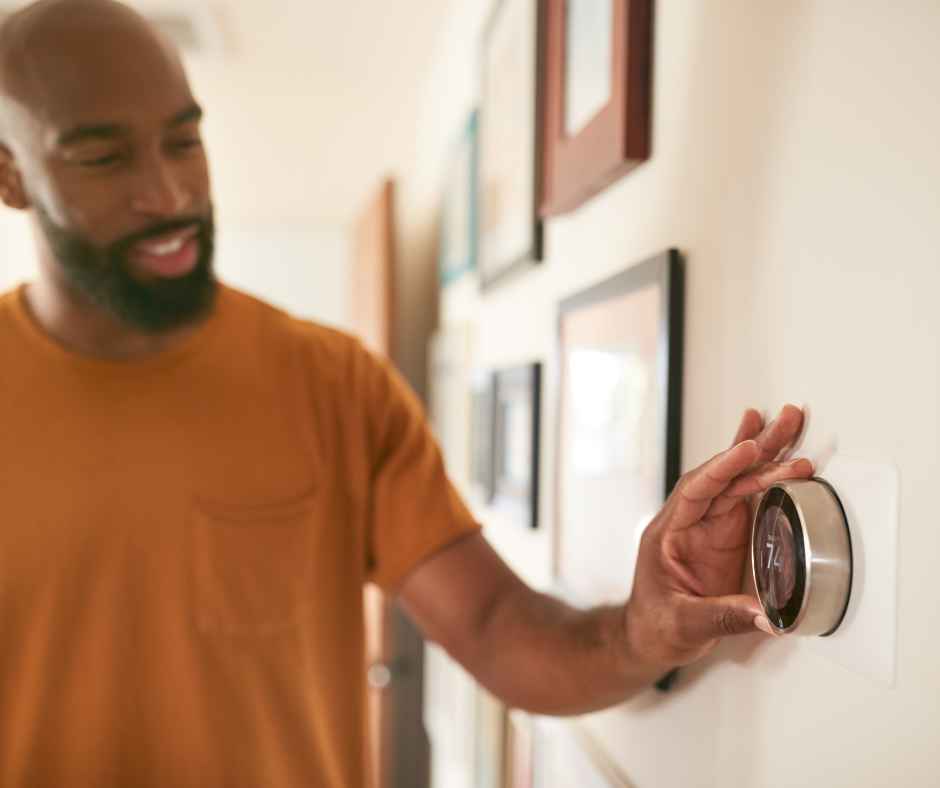
Preparing Your Dallas Home for Winter: Essential HVAC Maintenance Tips
Read More
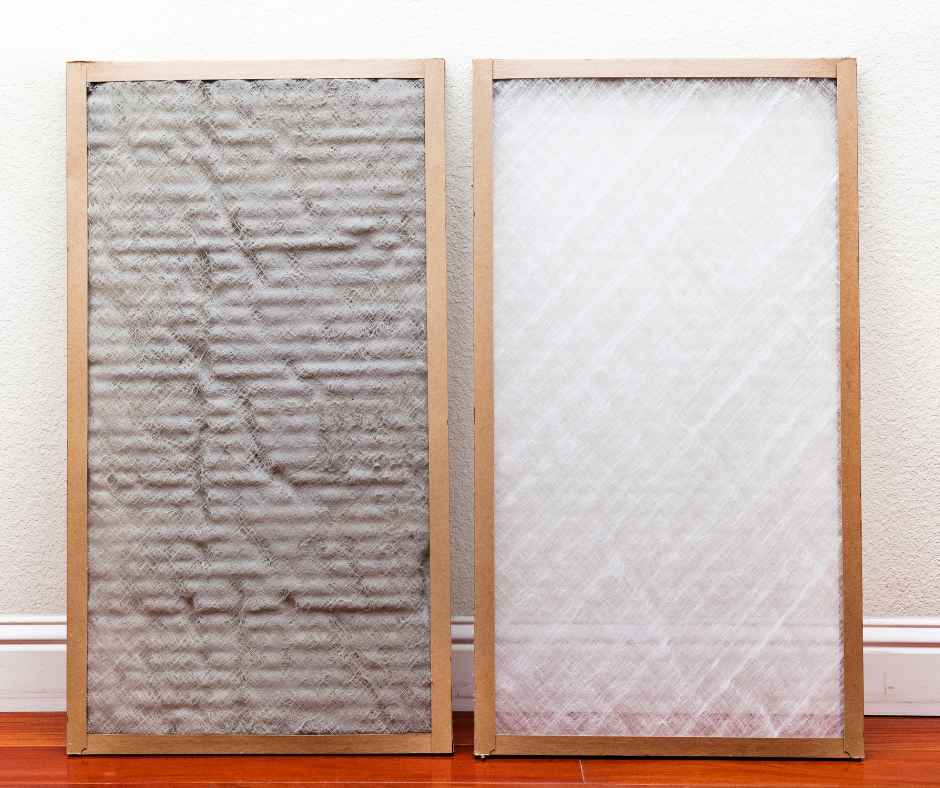
What MERV Rating Should I Use?
Read More
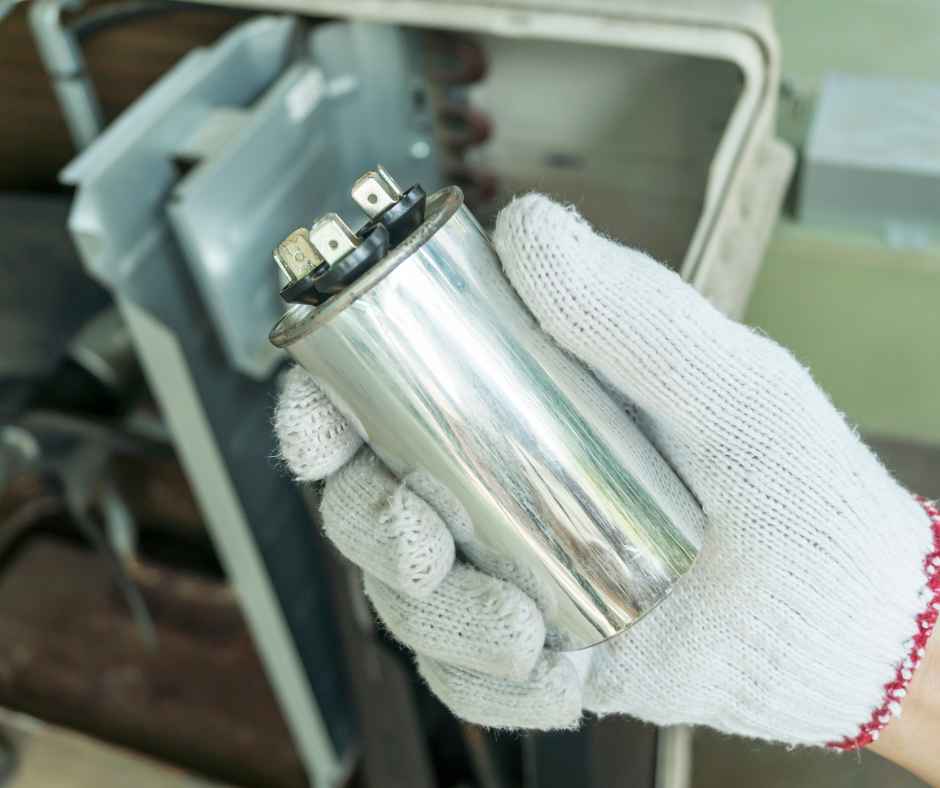
What Does a Capacitor Do?
Read More
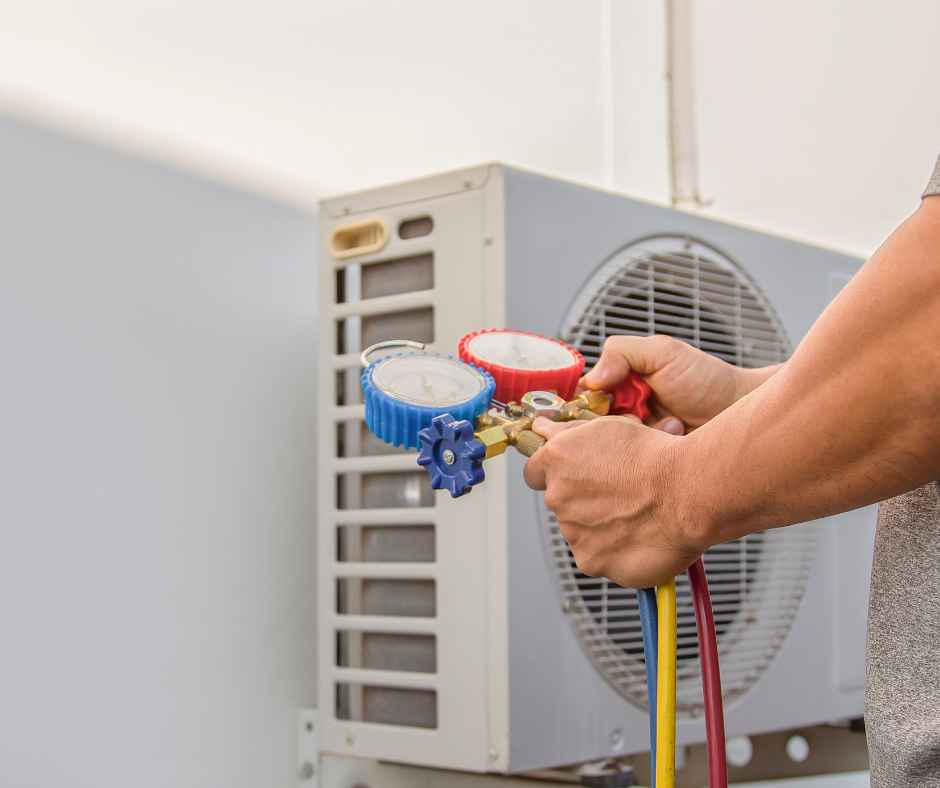
R-410A Refrigerant Phaseout: What Homeowners Need to Know
Read More
